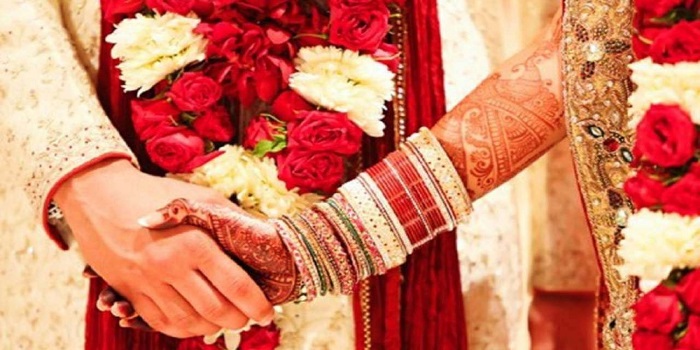
GAG LAWYERS -
GROVER & GROVER ADVOCATES

GAG LAWYERS -
GROVER & GROVER ADVOCATES

Under the Hindu Marriage Act, there are crucial conditions that have to be met for a wedding to be legally valid:
Monogamy: One of the essential situations is monogamy, which means that at the time of the wedding, neither birthday celebration should have a partner residing. In other phrases, both the bride and the groom ought to be single, divorced, or widowed on the time of the wedding. Polygamy, the practice of having multiple spouse simultaneously, isn't always approved beneath the Hindu Marriage Act.
Prohibited Relationships: The 2nd crucial situation entails the parties' relationship to each different. The act specifies positive prohibited relationships wherein marriage is not allowed because of near blood members of the family or different familial connections. These relationships include:
Parties have to now not be within a prohibited degree of relationship except the custom or utilization governing each of them allows of a marriage between the two.
Parties have to not be sapindas of each other, except the custom or usage governing each of them allows of a wedding among the 2.
"Sapindas" refers to a selected degree of blood relation, and the Hindu Marriage Act prohibits marriages among folks that fall in the prohibited degree of courting except the custom or usage governing each of them permits such a marriage.
It's essential to notice that these situations are essential for the validity of a Hindu marriage below the Hindu Marriage Act. Failure to satisfy those conditions may render the marriage void or voidable below the provisions of the act. Additionally, other felony requirements, which include age and intellectual health, need to additionally be happy for a wedding to be legally valid.
Is Hindu Marriage Act only for Hindus?
While the Hindu Marriage Act is more often than not meant for Hindus, it additionally extends its software to sure different spiritual groups that have ancient connections with Hindu traditions. The act applies to:
Hindus: The Hindu Marriage Act is normally designed for Hindus, which include followers of any sect or denomination in the Hindu faith (which includes Vaishnavism, Shaivism, or Shaktism). It covers individuals who pick out as Hindus, Buddhists, Jains, and Sikhs.
Buddhists, Jains, and Sikhs: The act explicitly includes Buddhists, Jains, and Sikhs inside its scope. These non secular communities are considered part of the wider Hindu cultural and spiritual framework for the purposes of marriage legal guidelines in India.
It's essential to observe that the Hindu Marriage Act does now not apply to people belonging to different spiritual groups, consisting of Muslims, Christians, Parsis, or Jews. Members of these groups are governed by way of their respective personal legal guidelines regarding marriage.
In summary, at the same time as the Hindu Marriage Act is rooted in Hindu traditions, it is inclusive of certain other non secular communities that percentage historical and cultural ties with Hinduism. This inclusion is meant to provide a unified prison framework for marriage matters within these particular communities